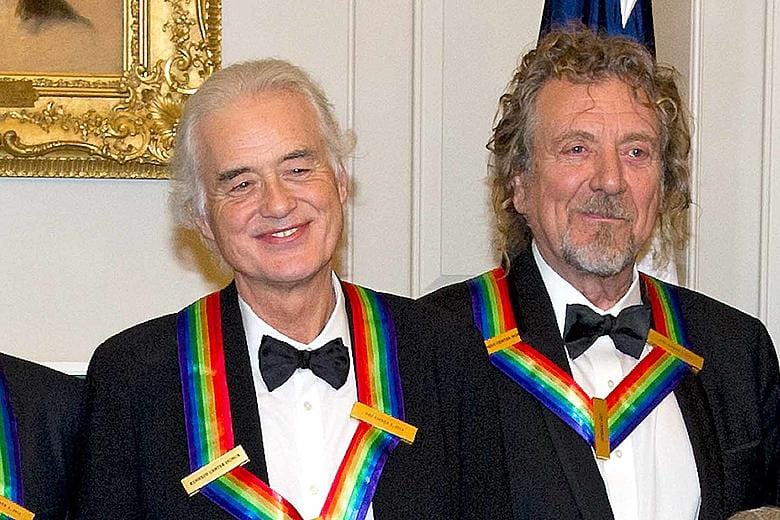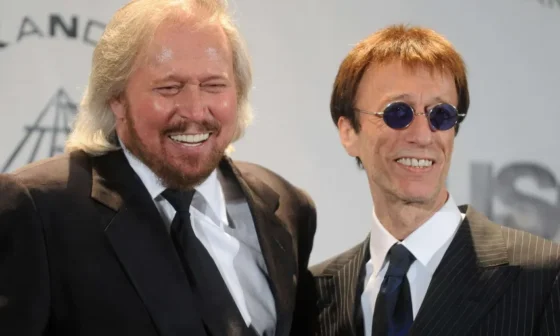Being in a legendary rock band is rarely simple. Even the greatest groups face creative clashes, and Led Zeppelin was no exception. While the band’s music defined an era, Robert Plant once admitted that working with bassist John Paul Jones could sometimes feel nearly impossible.
From the beginning, Zeppelin thrived on the chemistry of its members. Plant brought unmatched charisma and soaring vocals. John Bonham’s thunderous drumming was so vital that the band couldn’t carry on after his tragic passing. Jimmy Page’s electrifying riffs gave the band its signature edge, driving classics like “Whole Lotta Love” and “Heartbreaker.”

Amid these towering personalities stood John Paul Jones—the quiet genius. Far more than just a bassist, Jones was the band’s secret weapon. His unforgettable basslines on “Ramble On,” the intricate arrangements in “Black Dog,” and the orchestral scope of “Kashmir” all carried his unmistakable influence. Behind the scenes, he often pushed Zeppelin’s sound beyond the boundaries of rock, weaving in classical elements and ambitious textures that elevated their music to another level.
But Plant revealed that working with Jones wasn’t always easy. “It was always difficult to collaborate with Jonesy because he never listened to the lyrics,” Plant once explained. “I’d talk about a song, and he’d ask: ‘Now, which song would that be?’ I’d say, ‘You know, the one on Presence.’ And he’d reply, ‘I’m not familiar with the titles, what key was it in?’ I’d sigh and say, ‘I haven’t a clue, Jonesy.’”
Despite the occasional friction, Jones’ brilliance was undeniable. His musicianship gave Led Zeppelin depth, turning their songs into timeless masterpieces. Tracks like “No Quarter” still showcase his unique ability to blend complexity with accessibility, leaving an indelible mark on rock history.

Even after Zeppelin’s breakup, Jones refused to slow down. He went on to work with R.E.M., Foo Fighters, and later joined Them Crooked Vultures with Dave Grohl and Josh Homme—proving his creative spirit never dimmed.
Though Plant may have jokingly called him “impossible,” those moments of tension were part of the magic. Without Jones’ subtle genius, Led Zeppelin wouldn’t be the same band we revere today. Their legacy endures not just because of Page’s riffs or Plant’s voice, but also because of the quiet brilliance of the man who tied it all together: John Paul Jones.






